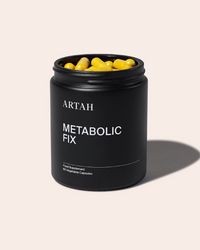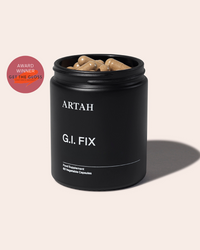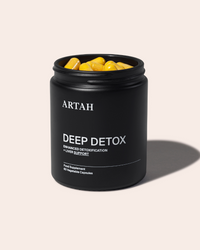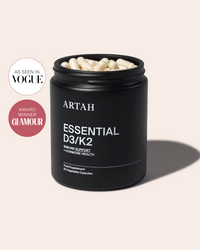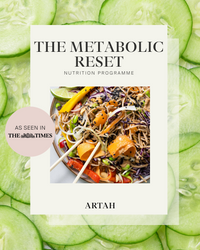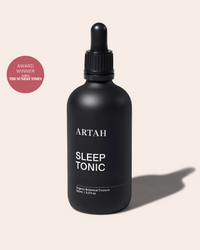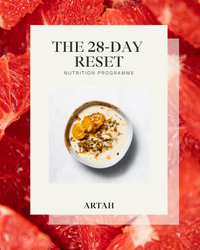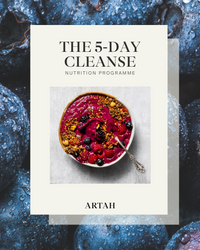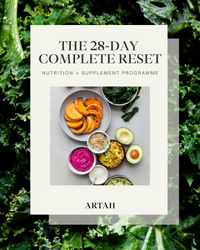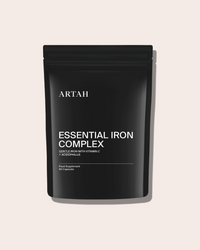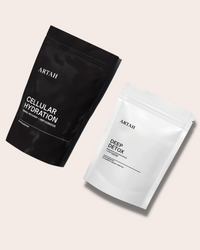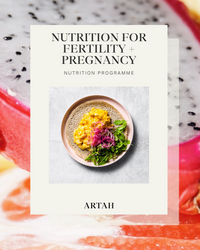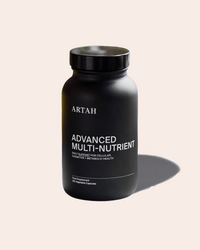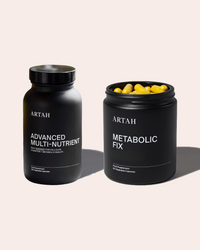The Three Stages of Burnout
In 2019, Burnout was officially recognised as a syndrome by the World Health Organization. It’s characterised by a state of physical, mental and emotional exhaustion, usually accompanied by cynicism and lack of motivation. There’s a wide array of symptoms that accompany burnout, which can be highly individual, however in general, our health suffers, productivity is impaired and we become more reactive or distant in relationships. Its original definition described burnout as an ‘occupational phenomenon’ resulting from chronic workplace stress that had not been successfully managed. Whilst work stress and work-life balance can definitely contribute to burnout, there are several other factors that are involved, and it doesn’t necessarily need to happen from work stress. Relationships, family, financial worries, job security, issues with our physical health, illness and training can all play a role. In essence, it occurs because of long-term exposure to stress, regardless of the source.
With work pressures, family commitments, and the pace of modern life, we often assume that fatigue is an inevitable part of life. And there are some periods in life where it's completely normal to experience some fatigue, for example during pregnancy, the newborn phase, when recovering from illness or surgery, working overtime for a big project, or training for a physical event. But there’s a difference between occasional fatigue and the all-consuming exhaustion that accompanies burnout. Like many chronic conditions, we don’t just wake up one day with burnout – it's a sliding scale, which is why it’s important to recognise the factors that could leave you burned out before it goes too far.
THE ROAD TO BURNOUT
There are a lot of different ways of looking at burnout, but it’s helpful to see how our stress response is classified into three distinct phases.
The Alarm Phase: The alarm phase occurs at the onset of stress. In this stage, our bodies elicit the fight or flight response to help cope with the acute stress we’re facing. It’s characterised by sympathetic domination and a suppression of parasympathetic activity; in laymen's terms, we kick ourselves into gear and suppress the more restorative, ‘rest and digest’ part of our physiology. The alarm phase of stress should be fleeting, and in this sense, our bodies are more than capable of dealing with it. When the initial stressor disappears, we start to recover; heart rate, blood pressure and respiration return to normal, and we return to our pre-stress state. We go from feeling wired and on alert, to calm and in control.
Resistance or Chronic Adaptation: Chronic stress doesn’t allow for this recovery period, and as such, we remain in high alert and learn to adapt to living with higher levels of stress. These changes can be subtle, and as such, we often aren’t aware of them until they become more persistent. Things like irritability, lack of focus, lack of restful sleep, poor recovery from training, headaches, worsening of PMS, changes to menstruation, fertility challenges, lowered immunity, changes to appetite, digestive complaints and general body aches can be signs your body is trying to tell you something (1). This is the stage where compensatory behaviors can also creep in. Reaching for more sugar or caffeine to stay alert, relying on alcohol at the end of the day to switch off, withdrawing from friends and family or on the flip side, keeping a frenzied social schedule to avoid stress. Obsessive overexercising can be another pattern, which can then exacerbate physical exhaustion and impaired immunity. As we spend more time in the resistance phase, physical symptoms are likely to get worse, and a general sense of fatigue sets in. If we remain in this stage for too long without breaks in stress to allow for recovery, we risk burnout. In functional medicine terms, we recognise these as signs of HPA axis dysfunction.
Exhaustion: If we remain under immense stress for too long, we can become so drained and maladapted that we lose the ability to combat stress, and are left with physical, emotional and mental exhaustion; in other words, burnout syndrome. Physical and emotional symptoms are worsened at this point, and it’s accompanied by a general feeling of cynicism, or a ‘what’s the point’ attitude. You may find yourself withdrawn from partners and friends, ineffective at tasks, and with a negativity bias and general loss of motivation. Other common emotional signs of burnout may include depersonalisation, feeling detached and/or defeated, self-doubt, a loss of enjoyment of activities you used to love, feeling overwhelmed, chronic procrastination and a decreased tolerance to stressors, whether they’re big or small. Often, people will feel an inability to unwind or rest, despite feeling exhausted.
GENDER CONSIDERATIONS
Various studies suggest that women may be more susceptible to burnout. A 2018 survey of over 4500 healthy adults in the UK revealed that 74% were experiencing immense stress, so much so that in the past year it had left them feeling overwhelmed and/or unable to cope. The results showed clear gender differences; 81% of women said this compared to 67% of men (2,3). Women are also more likely to experience emotional exhaustion, whereas men are more likely to experience depersonalisation (4). A contributing factor to the susceptibility of women to experience emotional exhaustion is purported to be the double burden of paid and unpaid work, which is associated with greater mental health burden and negative effects on quality of life. Whilst ‘domestic’ responsibilities vary by household, it’s estimated that ¾ of unpaid work still falls upon women (in heterosexual relationships) (5).
Women specifically are also vulnerable from a biological perspective; our bodies are well attuned to stress, and as such, can deprioritise fertility to protect us as a protective mechanism. As such, ovulatory dysfunction, hormone abnormalities and infertility are known adverse outcomes associated with chronic stress (6). Whilst women may be particularly exposed to changes in reproductive health, men can also be affected; stress is associated with reduced testosterone levels and suboptimal sperm health. Finally, chronic stress can result in a worsening of symptoms associated with menopause.
GETTING AHEAD OF IT
Avoiding stress isn’t always possible, which is why cultivating a routine that includes stress management, supplements, and social support is critical if you think you’re moving through the stages of burnout.
Stress management: the thought of adding something into an already hectic schedule can often feel overwhelming in its own right but trust the process. Hundreds of studies have proven that implementing mindfulness techniques can significantly reduce how we experience stress on an emotional and physical level. Here are some easy ways to start.
- Breathwork
- 10 minutes of Yin at the end of the day
- 10 minutes of guided meditation, using an app like Headspace
- Walking meditation
- Getting into nature
- Say ‘no’ more often if you’re a people pleaser and it’s draining too much energy
- Say ‘yes’ more often to social connection that leaves you feeling nourished and not exhausted
- Take a ‘you’ day; it may sound unsatisfying to use a holiday day for personal reasons, but it can make all the difference if you’re starting to feel overwhelmed. Whether you take the time to rest, engage with your favourite self-care routines, reconnect with friends, or even get through personal admin that may be plaguing you at the end of tiring days of work and childcare, taking a day off can be transformational.
Supplemental support: Adaptogens are the way to go here, which are medicinal herbs that help the body physically cope with stress. Ashwagandha is one of the most well-researched and has been proven to reduce cortisol, enhance cognitive function, improve sleep, and reduce the physical and emotional symptoms from stress. (7) Enhanced Nootropics is our go-to, which combines Ashwagandha with B Complex vitamins (essential for energy production and mood) and Magnesium, a calming mineral that’s involved in over 300 reactions in the body. For broad system support, consider:
- Cellular Defence, for immunity.
- Metabolic Fix, for blood sugar, weight management and energy.
- Enhanced Synbiotic, to support the microbiome and combat the gut changes that occur from prolonged stress.
- Essential D3/K2, for general systemic support.
Social Support: Social connection has been identified as an important dimension of emotional wellbeing. If you’re struggling to cope with stress, consider reaching out to a therapist or your employer to get support. If you’ve identified social connection as something you want to work on to stay more balanced, think about joining a club, class or hobby that involves connection, or schedule in regular time to connect with friends. It doesn’t need to be often and can be as small as one phone call a month. Keep it uncomplicated, and something that feels like it fills your cup.
Disclaimer: This article is for educational purposes only and the implementation of the theories and practices discussed is at the sole discretion of the individual. All information given is not a substitute for medical advice, diagnosis, or treatment. If you have any concerns about your health, you should speak with your physician.
References:
1. https://doi.org/10.1016/S0079-6123(07)67024-1
2. https://mentalhealth-uk.org/burnout/
3. Metal Health Foundation UK, national survey: https://www.mentalhealth.org.uk/about-us/news/survey-stressed-nation-UK-overwhelmed-unable-to-cope
4. https://doi.org/10.1016/j.jvb.2010.04.006
5. BMJ 2021; 374 doi: https://doi.org/10.1136/bmj.n1972
6. Vigil P, Meléndez J, Soto H, Petkovic G, Bernal YA, Molina S. Chronic Stress and Ovulatory Dysfunction: Implications in Times of COVID-19. Front Glob Womens Health. 2022 May 23;3:866104. PMID: 35677754; PMCID: PMC9168655.
7. PMID: 32021735






